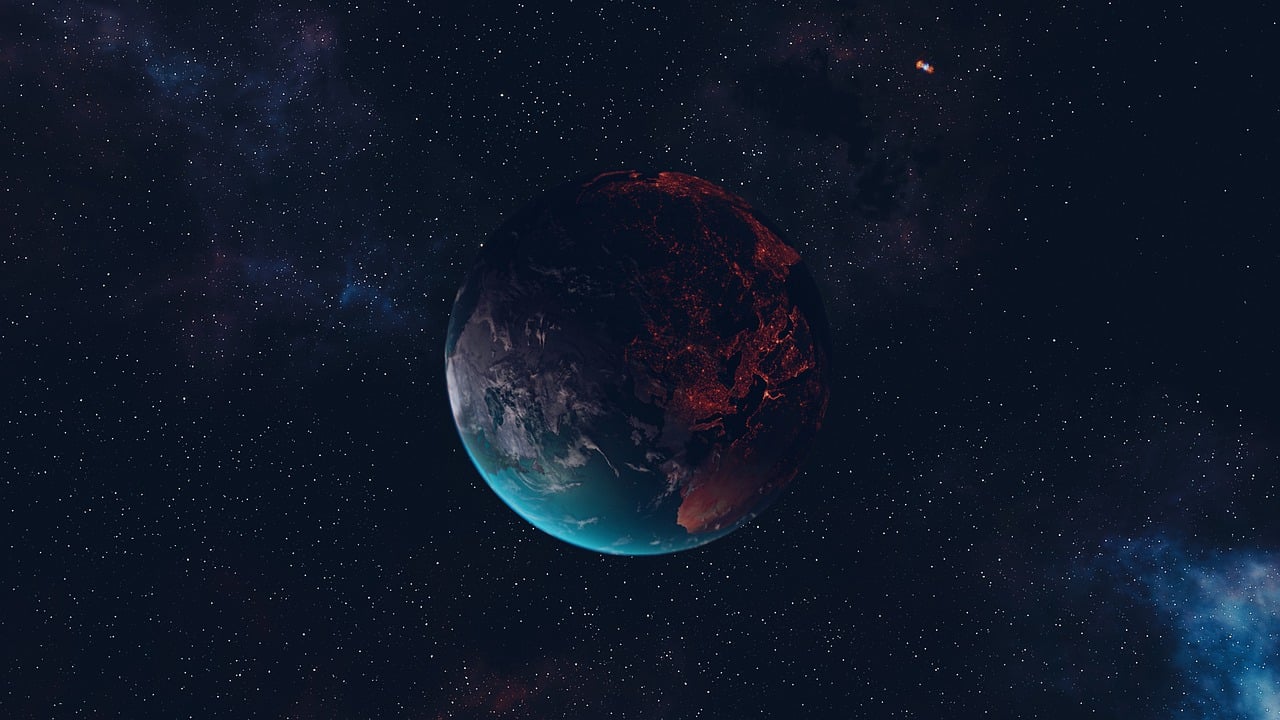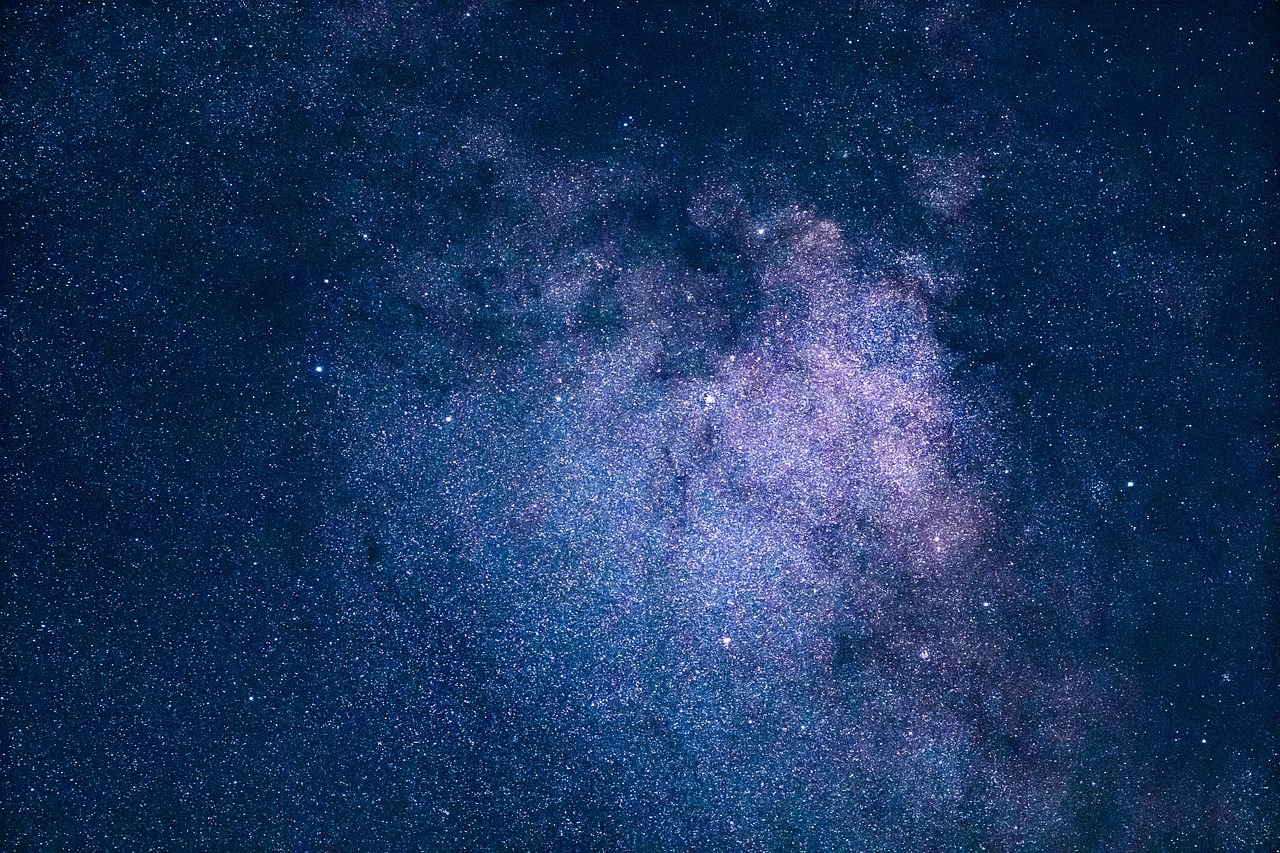
The galaxy where the Earth is located is called the Milky Way.
The Milky Way is the galaxy in which the planet Earth is located. Experts believe that it contains between 200 billion and 400 billion stars in an average diameter of 100 thousand light years.
The Milky Way (a Latin expression that can be translated into Spanish as "milk road" and is related to the appearance of the band of light that borders the sky) is part of a group of galaxies identified as the Local Group , where it is the second largest behind Andromeda .
This mentioned group is also formed by the Triangle galaxy, the Andromeda satellites called M32 and M110, the Magellanic Clouds that act as satellites of the Milky Way itself, various satellites, nebulae and another series of smaller galaxies.
Parts of the Milky Way
It is possible to segment the Milky Way into three relevant sectors: the halo (outer and inner), the disk (thin, thick and extreme) and the bulge .
The galactic halo is the structure that encompasses the galaxy. It has a very low concentration of stars and is home to most of the globular clusters (very old groupings of stars).
The disk is the sector of the galaxy that contains the greatest amount of gas and where star formation processes still occur. Eight spiral arms are located in the disk of the Milky Way.
The bulge, also known as the galactic nucleus , is located in the central area of the galaxy and has the highest density of stars.

There are billions of stars in the Milky Way.
The mythological origin
In various cultures there are legends and stories that explain the origin and formation of this aforementioned Milky Way. Thus, for example, in Greek mythology two theories are established about this fact.
The first establishes that this galaxy was formed as a result of an event that establishes as protagonists Heracles , the illegitimate son of Ulysses and who was not among the immortal gods, and Hera , the wife of Ulysses . Specifically, it is established that that offspring was placed in the bosom of the goddess Hera while she was sleeping so that he could breastfeed from her and thus could drink the milk that would give him the status of deity. However, it woke up and separated it violently, causing the milk to spill out and create the aforementioned Milky Way.
The second, for its part, says that it was the goddess of wisdom, Athena , who convinced Hera to breastfeed Heracles . However, it sucked with such force that it injured its "nursery mistress," causing the milk to spill and the galaxy we are now dealing with to emerge.
In addition to all this, we also have to explain that in Spain , for example, that route is also known by the name of the Camino de Santiago since it was formerly used by pilgrims who took this route to guide themselves and reach their destination. : the Galician city of Santiago , where the apostle of the same name rests.
Milky Way and solar system
The solar system , experts say, is the name that identifies the group of planets in the Milky Way where the Earth is located. This system is located in the so-called Orion Arm and would be around 28,000 light years from the central area of the aforementioned Milky Way.
It should be noted that the sun is the only star in the solar system, also composed of eight planets ( Earth , Mars , Venus , Mercury , Jupiter , Saturn , Neptune and Uranus ) and other smaller bodies.
